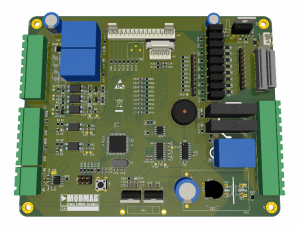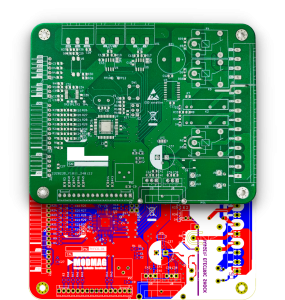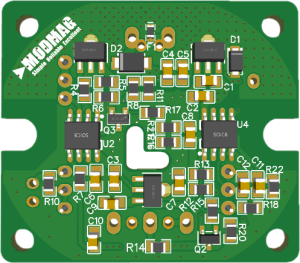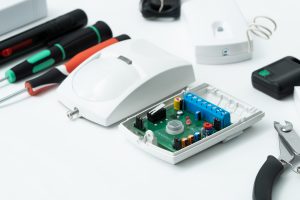The Top Hardware Design Challenges Startups Face—And How to Overcome Them
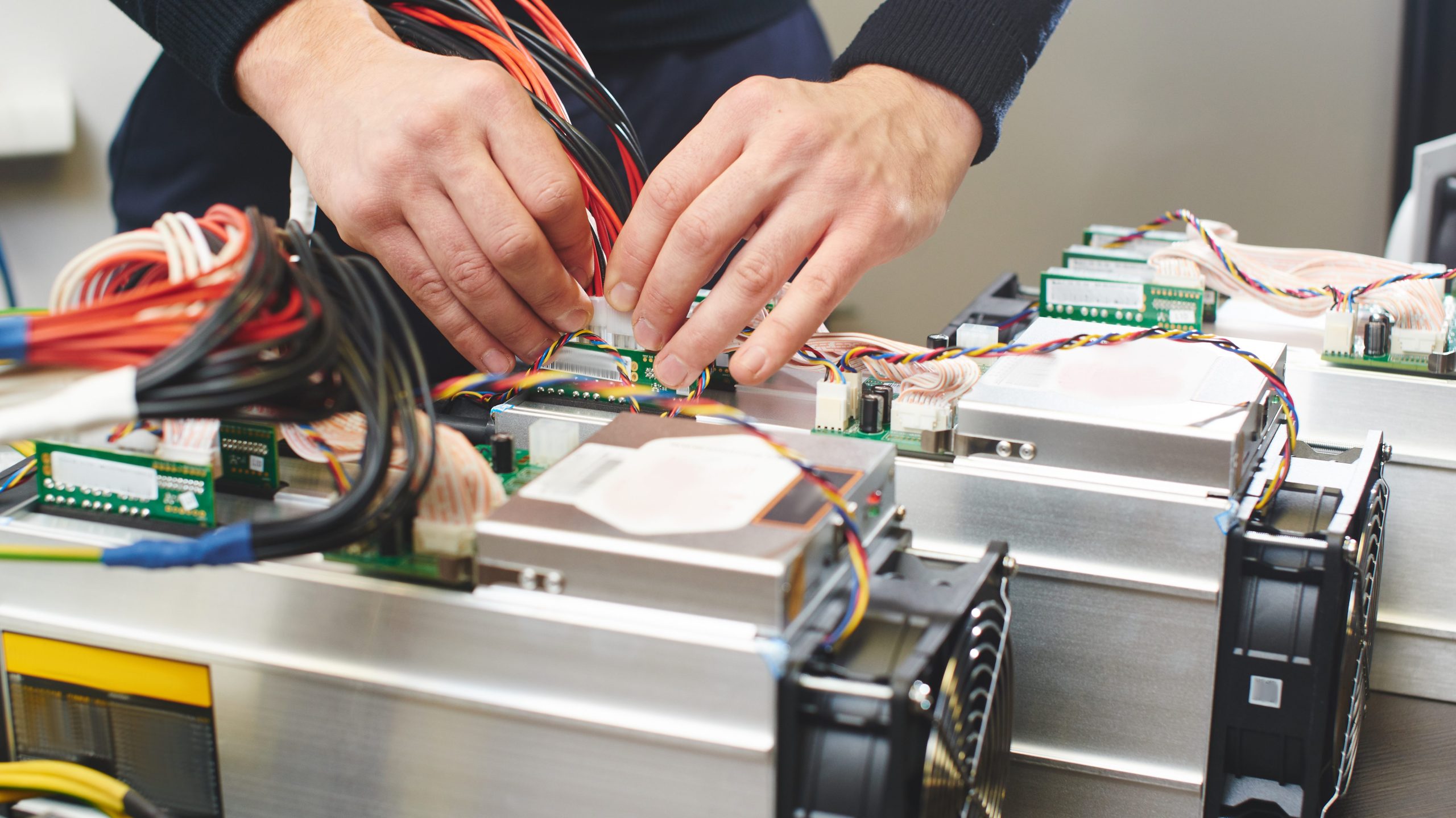
Bringing a hardware product to market is an exciting yet complex journey. Unlike software, hardware development requires substantial investment, long iteration cycles, and careful design considerations from the start. Many startups face hardware design challenges that lead to costly delays or product failures.
Understanding the hardware design challenges startups face is crucial for success
In this article, we’ll explore the most common hardware design hurdles and how expert consulting can help navigate them.
1. Component Selection and Supply Chain Risks
Choosing the right components is critical for performance, cost, and long-term availability. Many startups select parts based on immediate availability, only to face shortages later. Working with an experienced hardware consultant ensures a robust component selection strategy, considering lead times, second-source options, and lifecycle management to prevent production roadblocks.
2. Signal Integrity and Power Management
Poor PCB layout decisions can lead to signal integrity issues, EMI problems, and power inefficiencies. Startups often underestimate these factors, leading to debugging nightmares. A skilled consultant can optimize PCB design, ensuring proper impedance matching, grounding strategies, and efficient power distribution for reliable performance.
3. Prototyping and Iteration Speed
Hardware iterations are slower and costlier than software updates. Many startups struggle to balance rapid prototyping with manufacturability. Leveraging industry best practices and DFM (Design for Manufacturability) principles can streamline development. A consultant can help refine early-stage prototypes to avoid expensive design pivots down the road.
4. Compliance and Certification Challenges
Regulatory approvals (FCC, CE, UL, etc.) are often overlooked in early design stages, leading to failed certifications and costly redesigns. A consultant familiar with compliance requirements can guide startups through pre-compliance testing, shielding strategies, and necessary documentation to avoid delays in market entry.
5. Manufacturing and Scaling Up
Transitioning from prototype to mass production presents unexpected challenges, from yield issues to supplier inconsistencies. Without proper planning, a design that works in the lab might fail in a production setting. Hardware consultants bridge the gap between design and manufacturing, ensuring smooth scalability while mitigating risks.
Why Expert Guidance Matters
Startups often lack in-house expertise to handle every aspect of hardware development. Partnering with an experienced electronics consultant minimizes costly mistakes and accelerates time-to-market. Whether it’s selecting the right microcontroller, optimizing PCB layouts, or navigating regulatory hurdles, expert support can make the difference between success and failure.
Need help with your hardware design? Contact us today.
Let’s discuss how we can streamline your development process and get your product to market faster.
